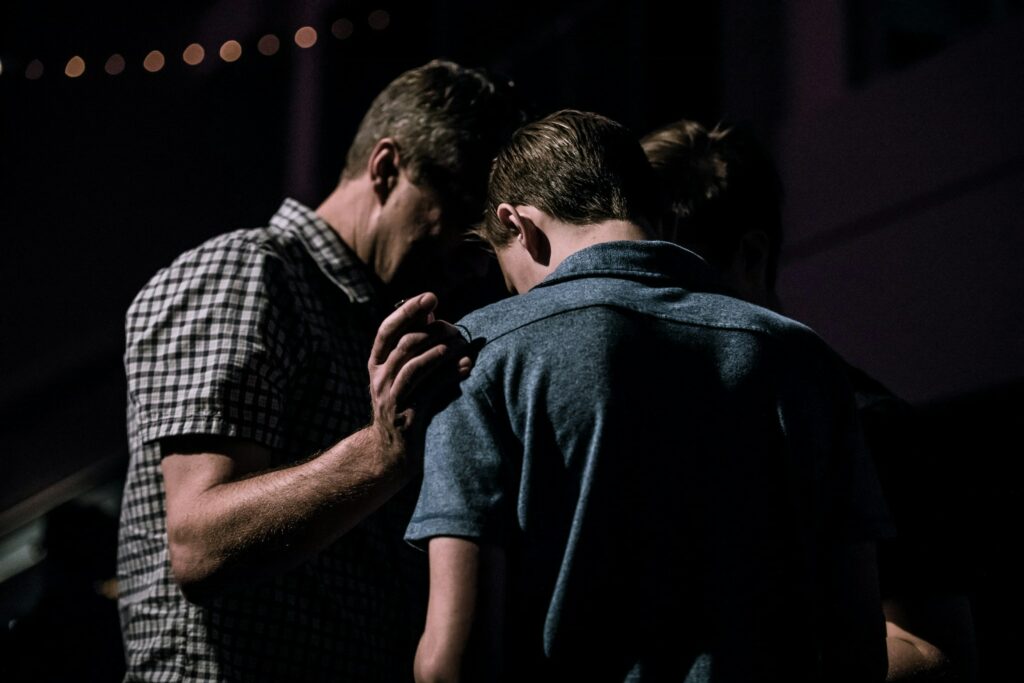First responders—police officers, firefighters, paramedics, and emergency medical professionals—are routinely exposed to traumatic events that most people will never experience in their lifetimes. From life-threatening emergencies to witnessing profound loss, the mental and emotional toll on these professionals can be immense. This is where peer support becomes critical. Connecting with fellow first responders who understand the unique pressures of the job can significantly improve mental well-being.
Understanding the Mental Health Challenges of First Responders
First responders face a range of mental health challenges due to the nature of their work:
- Exposure to Trauma: Regular exposure to life-threatening or traumatic events can lead to conditions such as PTSD (Post-Traumatic Stress Disorder), anxiety, or depression.
- High Stress Levels: The unpredictable and high-stakes nature of their jobs can cause chronic stress, leading to burnout or substance abuse.
- Stigma Around Mental Health: There is often a stigma within the first responder community that compels individuals to appear tough or unbothered by the harrowing situations they encounter. This may prevent them from seeking help or discussing their struggles openly.
Peer support programs help break down the stigma surrounding mental health by providing a safe space where first responders can talk about their experiences without fear of judgment.
Why Peer Support Matters
Peer support among first responders isn’t just beneficial; it’s necessary. It involves first responders helping each other, typically through structured programs or informal networks, and providing a confidential, non-judgmental space to discuss the emotional and mental health challenges of the job. Here’s why it’s so effective:
1. Shared Understanding
First responders inherently understand what their peers experience, which fosters a deeper sense of trust. This shared understanding is crucial for discussing sensitive issues like trauma and mental health struggles.
2. Reducing Isolation
Many first responders feel isolated, believing no one else can truly relate to the pressures they face. Peer support counters this isolation, providing validation and emotional comfort.
3. Promotes Early Intervention
Peer support can help identify signs of mental health issues early on. When first responders feel secure opening up within their peer groups, they’re more likely to seek professional help when needed, reducing the risk of more severe mental health problems developing.
4. Building Resilience
Knowing there’s a support network available builds emotional resilience, helping first responders manage stress and trauma more effectively. Peer support doesn’t just offer a shoulder to lean on; it empowers individuals to cope with future challenges.
Key Elements of Peer Support Programs
Effective peer support programs for first responders are built on several foundational elements:
- Confidentiality: Ensuring that conversations remain confidential is crucial for building trust and allowing first responders to share openly.
- Training: Peer supporters are often trained to recognize signs of mental distress and provide effective, non-clinical support. They also learn how to guide their peers to professional resources when necessary.
- Accessibility: Easy access to support resources is vital. This might include designated peer support officers, regular group meetings, or a hotline that is available around the clock.
The Role of Leadership in Promoting Peer Support
Leadership plays a pivotal role in cultivating an environment where peer support is encouraged and valued. When senior officers or managers actively participate in and prioritize mental health and peer support initiatives, it helps reduce stigma. It signals to other first responders that seeking help is acceptable and that their well-being is a priority. Leadership involvement also reinforces that mental health is as important as physical health in this demanding profession.
Q&A Section: Common Questions About Peer Support for First Responders
Q1: What exactly is peer support?
A1: Peer support is a system where first responders provide emotional and mental health support to each other based on shared experiences.
Q2: Why is peer support so effective for first responders?
A2: It’s effective because first responders share similar experiences and challenges. This creates a trusted environment where they can openly communicate without fear of being misunderstood.
Q3: How does peer support help reduce mental health stigma?
A3: Peer support normalizes discussions about mental health and shows that seeking help is a sign of strength, not weakness. It provides a safe, judgment-free space for open conversations.
Q4: Can peer support replace professional therapy?
A4: No, peer support is not a replacement for professional therapy, but it is a crucial first step in acknowledging the need for help. Peer support often encourages individuals to seek professional mental health services.
Q5: What if my department doesn’t have a peer support program?
A5: Building informal support networks with colleagues can be a good start. You can also advocate for the implementation of a formal peer support program by discussing its benefits with leadership.
Conclusion
Peer support is an invaluable component of maintaining mental health for first responders. By fostering an environment of understanding and support, we can help one another navigate the unique challenges of this demanding profession. Remember, seeking support is a strength, not a weakness, and engaging with peers can profoundly enhance resilience and overall mental health.
Looking for guidance on setting up a peer support program or seeking professional mental health support? Contact Evolution Psychotherapy today for expert advice.
Resources for Further Exploration
- The International Association of Fire Fighters (IAFF): Offers resources and training for peer support in the firefighting community.
- “Burnout: The Secret to Unlocking the Stress Cycle” by Emily Nagoski and Amelia Nagoski: A book that addresses stress and emotional well-being.
- The National Alliance on Mental Illness (NAMI): Provides resources and support for first responders dealing with mental health issues.


